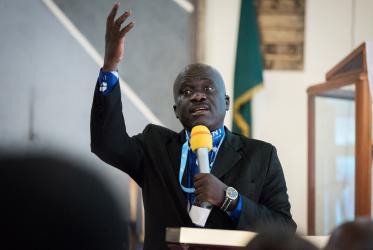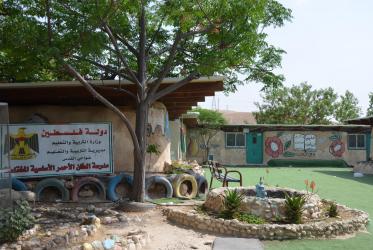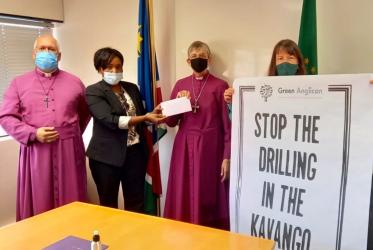Displaying 41 - 60 of 145
27 October 2021
Churches offer some relief in Kenya’s drought disaster
16 September 2021
Bedouins of Pope’s Hill fight eviction
30 March 2021
Palestinian Christian peace worker yearns for courageous leaders
10 December 2020
In Palestine, “God honored this olive tree”
12 November 2020
WCC commemorates life of Bishop John K. Yambasu
21 August 2020















